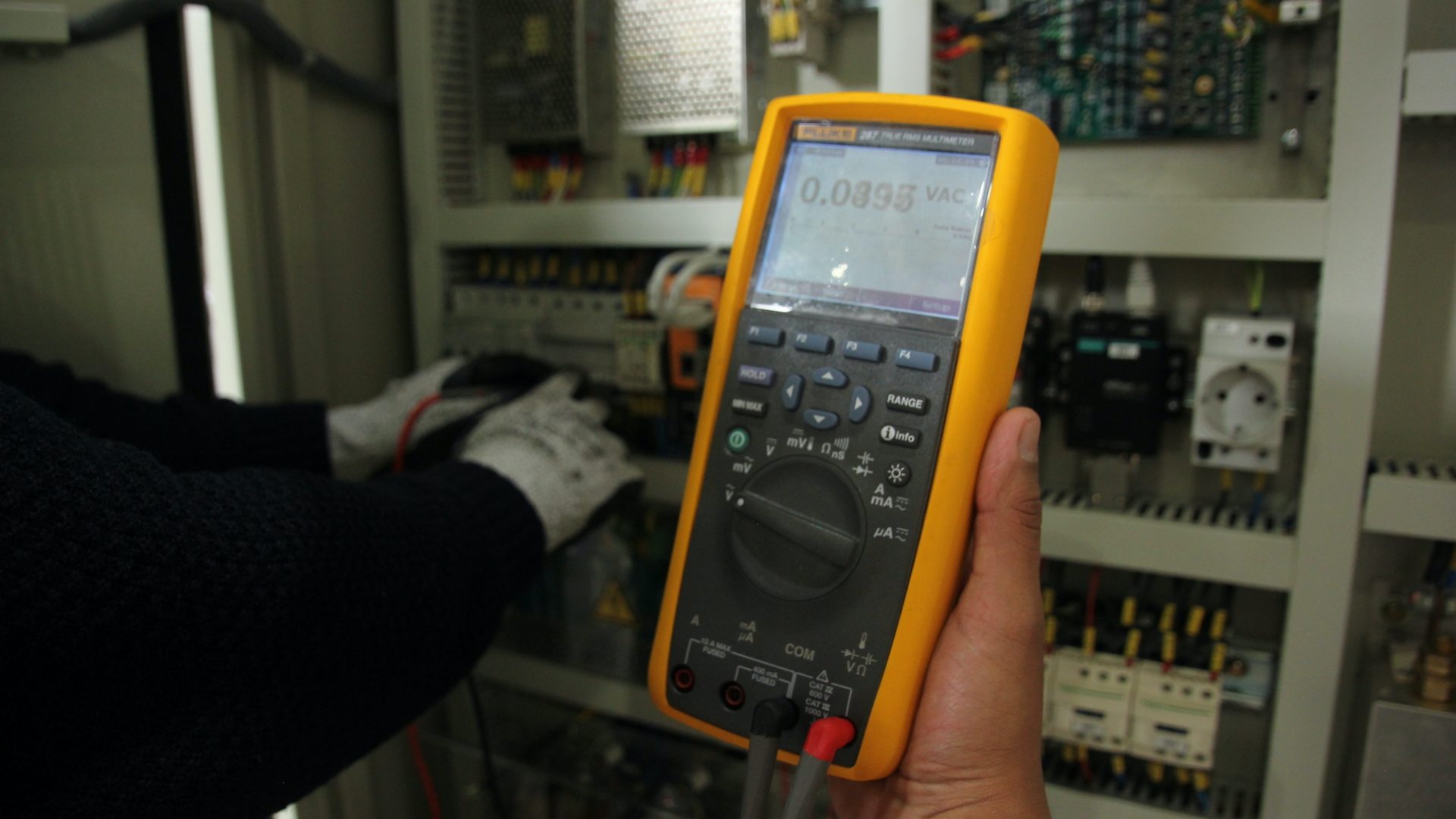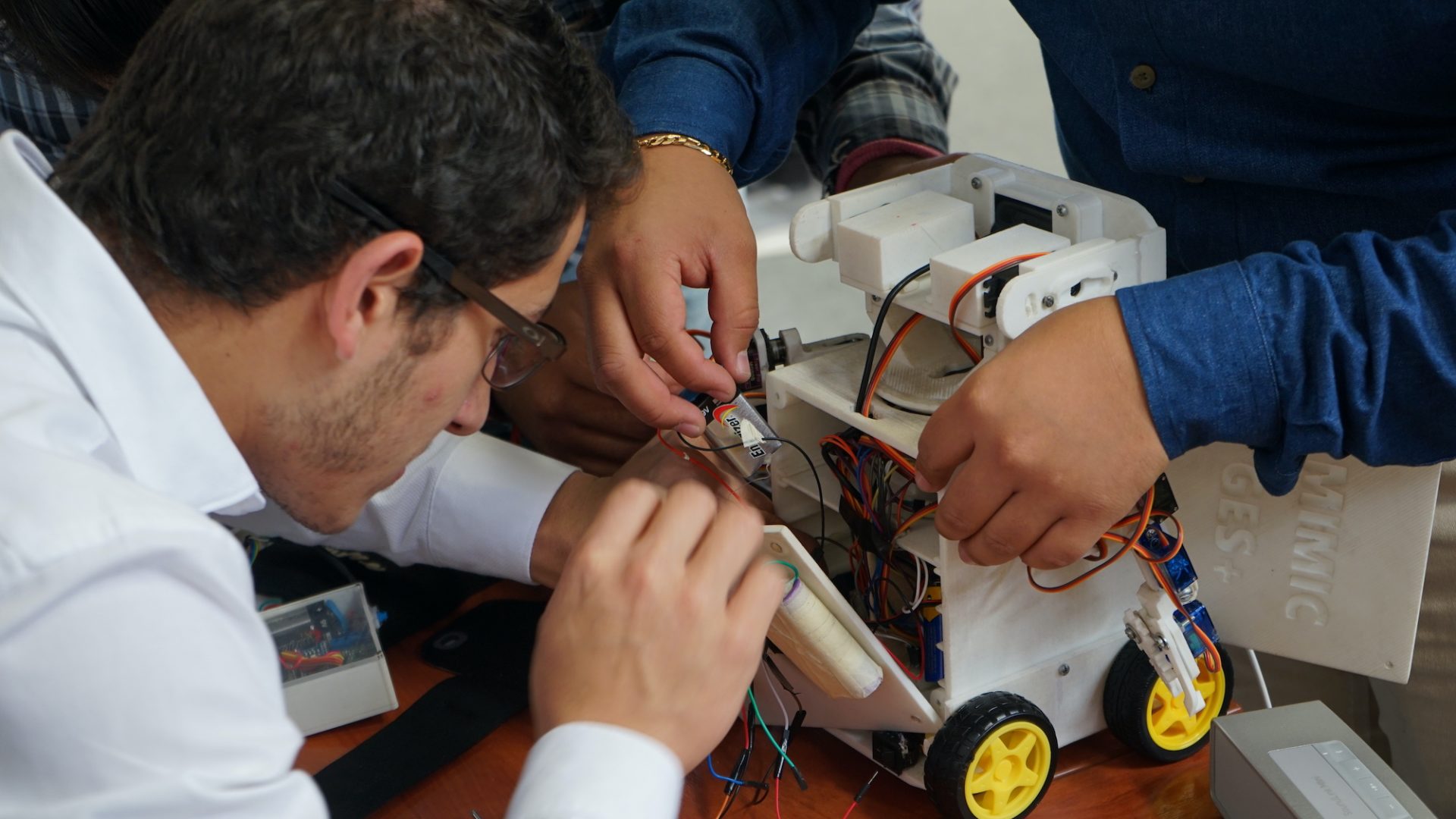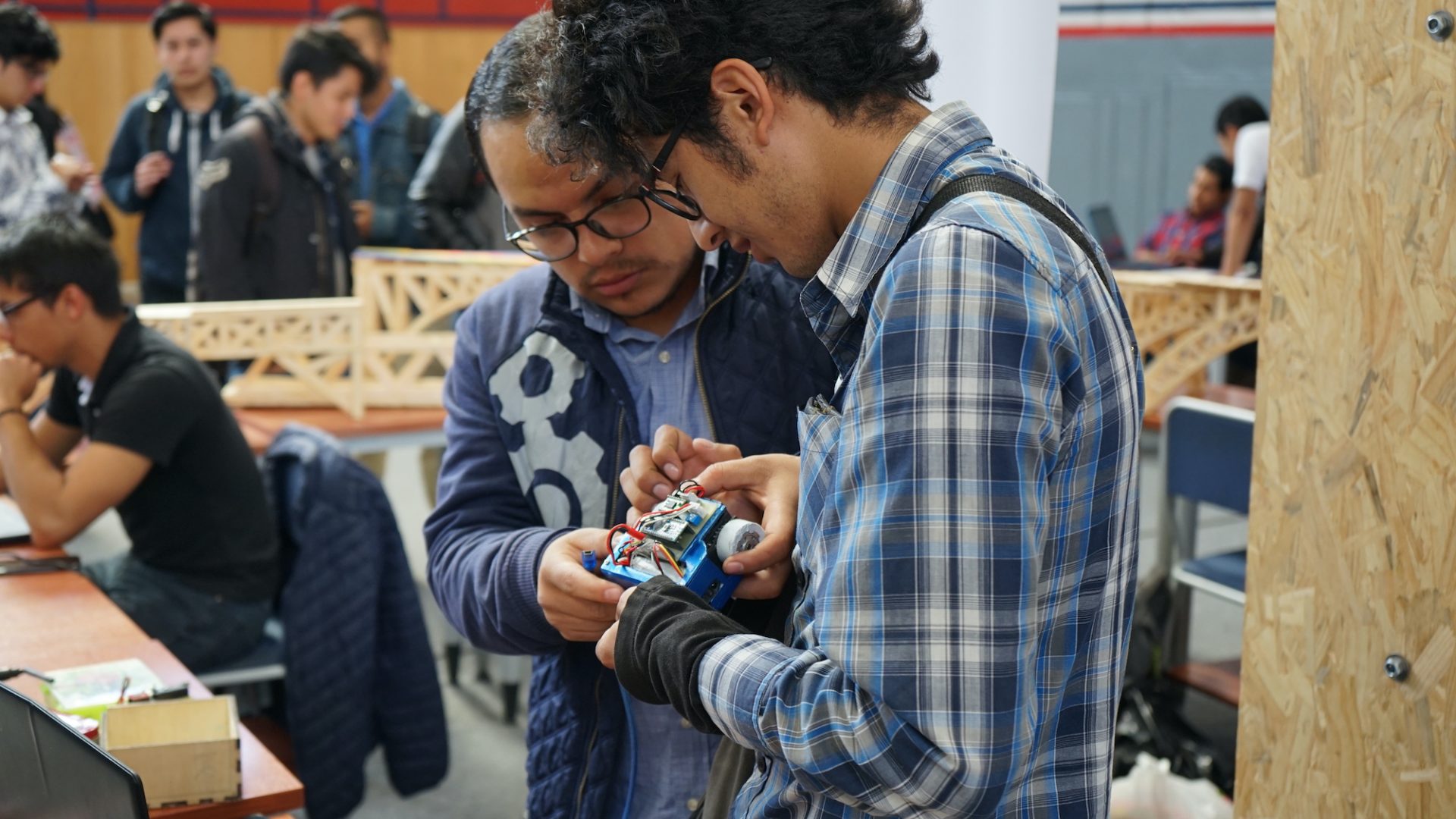Description
This program trains professionals capable of managing and overseeing the fields of generation, transmission, distribution, and management of electrical energy. The students study fundamental and applied sciences, renewable energy, automation, and energy efficiency to operate in a globalized world where energy plays a fundamental role in planetary growth and development.
The learning environment includes laboratories from the Department of Electrical Engineering, Electronics, and Telecommunications at UCuenca, such as the Electric Machines Laboratory, High Voltage Technology Laboratory, and Physics Laboratory, which will enable students to enhance their theoretical knowledge through practical experience.
Additionally, our students will have access to forums, seminars, and agreements to undertake internships in companies within the electrical sector, such as power generation companies, electrical retailers, consulting firms, as well as the Ministry of Electricity and Renewable Energies (MEER) and the Ministry of Environment (MAE).
General Information
| Degree Awarded: | Electrical Engineer |
| Level: | Third Level |
| Duration: | 10 semesters // 5 years |
| Mode of Study: | In-person |
| English Proficiency Requirement: | B1 // 10th semester |
Professional Profile
Upon completing their training, graduates will be able to:
- Utilize knowledge from basic sciences to enhance conventional and non-conventional electrical systems models, in process control and automation, and in the efficient use of energy.
- Apply electrical, electronic, and electromagnetic principles for managing and processing electrical current and energy demand.
- Consider ethical, social, and environmental aspects to achieve sustainable development through energy management and efficiency.
- Promote entrepreneurship and technological innovation to improve electrical systems, operational systems, production systems, and the socio-environmental context.
Field of occupation
- Public and private sector companies.
- National and international companies
- Industrial sector
- Electric companies
- Research and Development Centers
- Educational Institutions
- Teaching
- Independent Practice of the Profession
Curriculum Guide
Level 01
APPLIED CHEMISTRY
INTRODUCTION TO ENGINEERING
LINEAR ALGEBRA
PHYSICS (MECHANICS)
SINGLE-VARIABLE CALCULUS
TECHNICAL LANGUAGE AND COMMUNICATION
Level 02
DIFFERENTIAL EQUATIONS
MULTIVARIABLE CALCULUS
PHYSICS (ELECTRICITY AND MAGNETISM)
PROBABILITY AND STATISTICS
PROGRAMMING FOR SCIENTIFIC COMPUTING
Level 03
APPLIED MATHEMATICS
CIRCUIT THEORY I
MODERN PHYSICS
NUMERICAL METHODS
PHYSICS (FLUIDS, ACOUSTICS, AND HEAT)
Level 04
ANALOG ELECTRONICS
CIRCUIT THEORY II
ELECTRICAL DRAWING
ELECTROMAGNETIC THEORY I
OPERATIONS RESEARCH
Level 05
DIGITAL ELECTRONICS
ELECTROMAGNETIC THEORY II
INDUSTRIAL SAFETY
LINEAR SYSTEMS AND SIGNALS
MODERN CONTROL THEORY IN CONTINUOUS TIME
THEORY OF ELECTRICAL MACHINES
Level 06
ELECTRICAL MACHINES LABORATORY
INSTRUMENTATION
MATERIALS SCIENCE AND TECHNOLOGY
MICROPROCESSORS AND MICROCONTROLLERS I
MODERN CONTROL THEORY IN DISCRETE TIME
POWER ELECTRONICS
Level 07
ELECTRICAL ENERGY TRANSMISSION SYSTEMS
INDUSTRIAL AUTOMATIC CONTROL
LEGISLATION – ECONOMICS AND FINANCE FOR ENGINEERING
MICROPROCESSORS AND MICROCONTROLLERS II
RESEARCH METHODOLOGY
SOCIETY, CULTURE, AND TERRITORY – PROFESSIONAL RESPONSIBILITY AND REGULATIONS IN ELECTRICAL ENGINEERING
Level 08
ELECTRICAL ENERGY DISTRIBUTION SYSTEMS
ELECTRICAL INSTALLATIONS
HIGH VOLTAGE TECHNOLOGY
POWER PLANTS
PRE-PROFESSIONAL PRACTICES I (COMMUNITY SERVICE PRACTICES)
SUBSTATIONS
Level 09
CURRICULAR CAPSTONE COURSE I
DISTRIBUTED GENERATION
NON-CONVENTIONAL RENEWABLE ENERGY
POWER ELECTRICAL SYSTEMS
PRE-PROFESSIONAL PRACTICES II
Level 10
CURRICULAR CAPSTONE COURSE II
ELECTRICAL PROTECTION SYSTEMS
ENVIRONMENTAL MANAGEMENT
EXPANSION PLANNING OF POWER ELECTRICAL SYSTEMS
GROUNDING SYSTEMS
OPTIMAL MANAGEMENT OF POWER SYSTEM EXPANSION
Level 01
APPLIED CHEMISTRY
INTRODUCTION TO ENGINEERING
LINEAR ALGEBRA
PHYSICS (MECHANICS)
SINGLE-VARIABLE CALCULUS
TECHNICAL LANGUAGE AND COMMUNICATION
Level 02
DIFFERENTIAL EQUATIONS
MULTIVARIABLE CALCULUS
PHYSICS (ELECTRICITY AND MAGNETISM)
PROBABILITY AND STATISTICS
PROGRAMMING FOR SCIENTIFIC COMPUTING
Level 03
APPLIED MATHEMATICS
CIRCUIT THEORY I
MODERN PHYSICS
NUMERICAL METHODS
PHYSICS (FLUIDS, ACOUSTICS, AND HEAT)
Level 04
ANALOG ELECTRONICS
CIRCUIT THEORY II
ELECTRICAL DRAWING
ELECTROMAGNETIC THEORY I
OPERATIONS RESEARCH
Level 05
DIGITAL ELECTRONICS
ELECTROMAGNETIC THEORY II
INDUSTRIAL SAFETY
LINEAR SYSTEMS AND SIGNALS
MODERN CONTROL THEORY IN CONTINUOUS TIME
THEORY OF ELECTRICAL MACHINES
Level 06
ELECTRICAL MACHINES LABORATORY
INSTRUMENTATION
MATERIALS SCIENCE AND TECHNOLOGY
MICROPROCESSORS AND MICROCONTROLLERS I
MODERN CONTROL THEORY IN DISCRETE TIME
POWER ELECTRONICS
Level 07
ELECTRICAL ENERGY TRANSMISSION SYSTEMS
INDUSTRIAL AUTOMATIC CONTROL
LEGISLATION – ECONOMICS AND FINANCE FOR ENGINEERING
MICROPROCESSORS AND MICROCONTROLLERS II
RESEARCH METHODOLOGY
SOCIETY, CULTURE, AND TERRITORY – PROFESSIONAL RESPONSIBILITY AND REGULATIONS IN ELECTRICAL ENGINEERING
Level 08
ELECTRICAL ENERGY DISTRIBUTION SYSTEMS
ELECTRICAL INSTALLATIONS
HIGH VOLTAGE TECHNOLOGY
HIGH-END MICROPROCESSORS
HOME AND BUILDING AUTOMATION
PRE-PROFESSIONAL PRACTICES I (COMMUNITY SERVICE PRACTICES)
Level 09
CURRICULAR CAPSTONE COURSE I
NON-CONVENTIONAL RENEWABLE ENERGY
POWER ELECTRICAL SYSTEMS
PRE-PROFESSIONAL PRACTICES II
ROBUST CONTROL
Level 10
CURRICULAR CAPSTONE COURSE II
ELECTRICAL PROTECTION SYSTEMS
ENVIRONMENTAL MANAGEMENT
FACTS CONTROLLERS FOR TRANSMISSION SYSTEMS
GROUNDING SYSTEMS
TELECONTROL AND REMOTE CONTROL
Description
This program trains professionals capable of managing and overseeing the fields of generation, transmission, distribution, and management of electrical energy. The students study fundamental and applied sciences, renewable energy, automation, and energy efficiency to operate in a globalized world where energy plays a fundamental role in planetary growth and development.
Our Numbers
0
Number of students admitted in the academic period september 2025 – february 2026
0
Number of graduates in 2025
0
Number of graduates in 2024
0
Number of students enrolled during the academic period march 2025 – august 2025
General Objective
To train professionals through the study, analysis, experimentation, and research of the fundamental and applied sciences of Electrical Engineering in the areas of Electric Power Systems, Control and Automation, and Renewable Energies and Energy Efficiency. These professionals should possess technical proficiency, humanistic values, an entrepreneurial spirit, ethics, social responsibility, and a strong interest in research, contributing to regional and national development. They should be aware of the need to continuously update their knowledge, enabling the proper and efficient management of the fields of generation, transmission, distribution, and management of electrical energy. The goal is to prepare them with the necessary knowledge and skills for lifelong study and research, fostering critical thinking and open-mindedness to perform in a globalized world where energy plays a fundamental role in planetary growth and development. Additionally, they should be professionals who uphold democracy and citizenship, ensuring that their contributions have an integral impact on both their professional development and personal fulfillment.
Program Educational Objectives
Graduates of the Electrical Engineering program at Universidad de Cuenca will be able to achieve the following professional accomplishments within 3-5 years after graduation:
- PEO 1: Participate in the conception, planning, design, execution, supervision, maintenance, operation and administration of electric power projects.
- PEO 2: Lead the formulation and implementation of innovative solutions for electrical energy systems, promoting environmental sustainability, energy efficiency, and the integration of renewable energy and advanced technologies.
- PEO 3: Demonstrate leadership and encourage teamwork while maintaining ethical, professional, environmental, and social responsibility applying soft skills such as effective communication, empathy, adaptability, and conflict resolution.
- PEO 4: Expand their knowledge and skills through professional practice, entrepreneurship, or postgraduate studies.
Student Outcomes
At the end of their studies, Electrical Engineering graduates are expected to achieve the following student outcomes:
- SO1. An ability to identify, formulate, and solve complex electrical engineering problems by applying principles of engineering, science, and mathematics.
- SO2. An ability to apply electrical engineering design to produce solutions that meet specified needs with consideration of public health, safety, and welfare, as well as global, cultural, social, environmental, and economic factors.
- SO3. An ability to communicate effectively with a range of audiences.
- SO4. An ability to recognize ethical and professional responsibilities in electrical engineering situations and make informed judgments, which must consider the impact of engineering solutions in global, economic, environmental, and societal contexts.
- SO5. An ability to function effectively on a team whose members together provide leadership, create a collaborative and inclusive environment, establish goals, plan tasks, and meet objectives.
- SO6. An ability to develop and conduct appropriate experimentation, analyze and interpret data, and use engineering judgment to draw conclusions.
- SO7. An ability to acquire and apply new knowledge as needed, using appropriate learning strategies.
Capstone Design Projects
Capstone Projects are an opportunity for students to apply the skills, knowledge, and abilities acquired throughout the program.
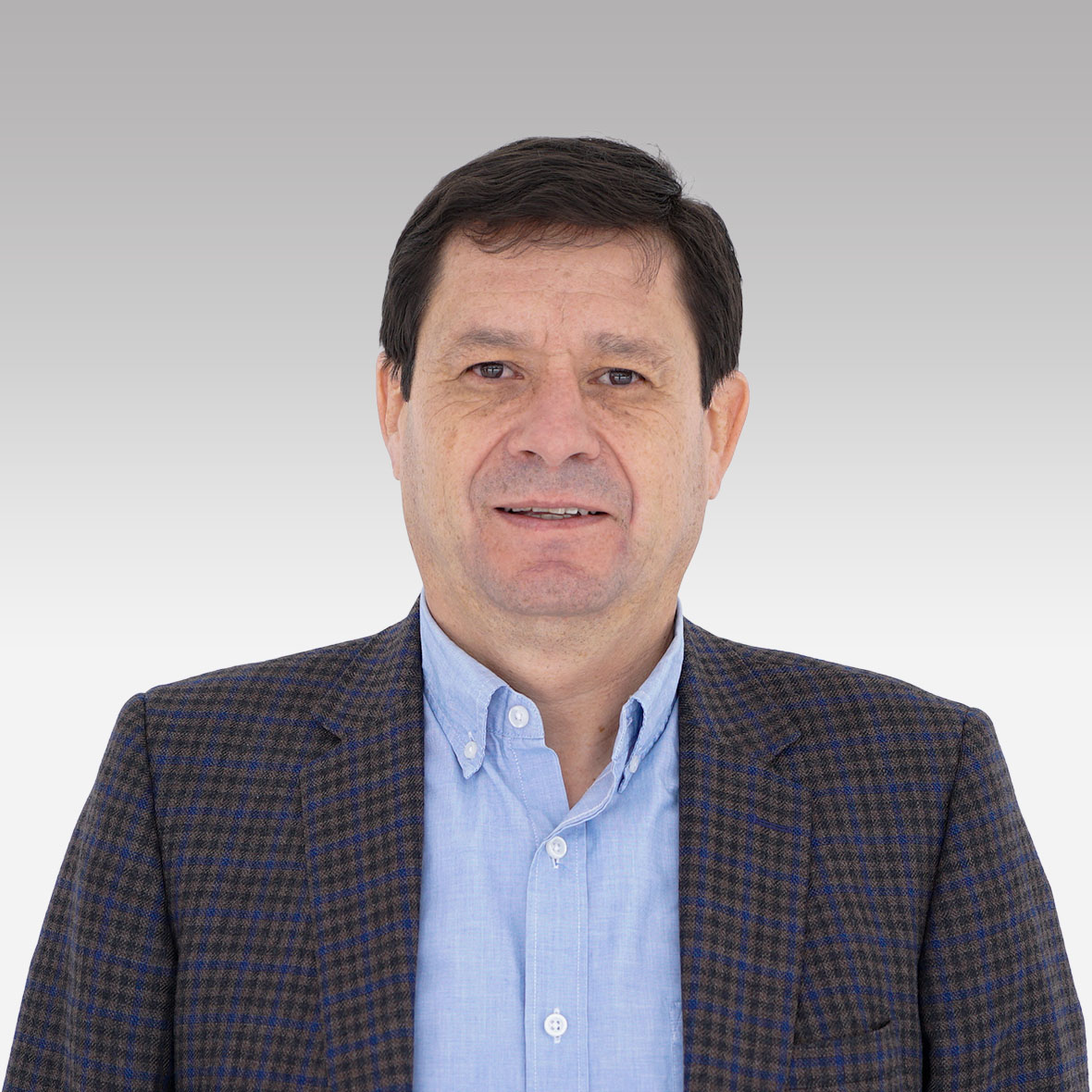
Ing. Albornoz Vintimilla Claudio Esteban, PhD.
Docente

Ing. Albornoz Vintimilla Claudio Esteban, PhD.
Docente
Facultad de Ingeniería
Carrera de Electricidad
ORCID
0009-0002-4811-2020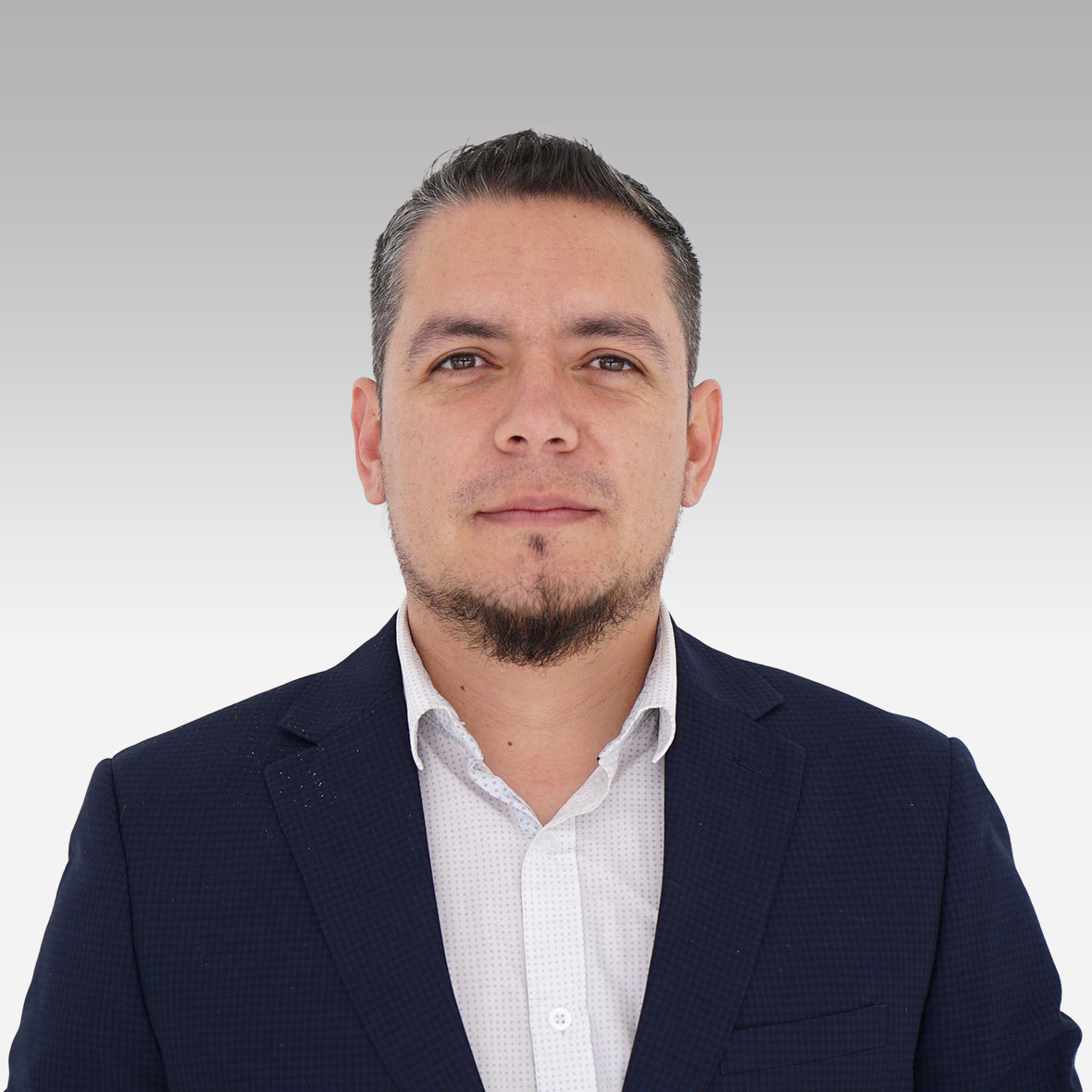
Ing. Arévalo Cordero Wilian Paul, PhD.
Docente

Ing. Arévalo Cordero Wilian Paul, PhD.
Docente
Facultad de Ingeniería
Carrera de Electricidad
ORCID
0000-0002-6721-1326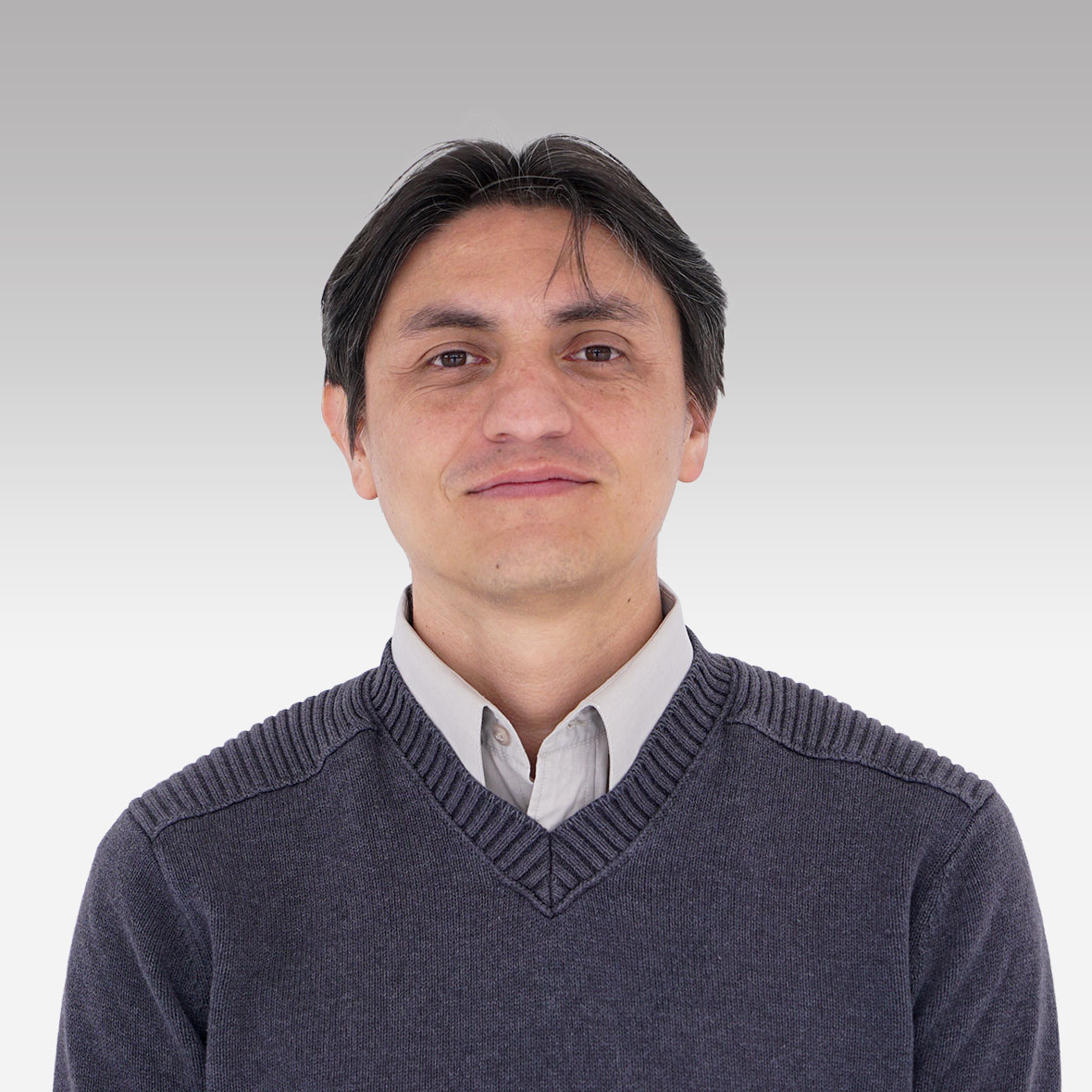
Ing. Astudillo Salinas Patricio Alcides, MSc.
Docente

Ing. Astudillo Salinas Patricio Alcides, MSc.
Docente
Facultad de Ingeniería
Carrera de Electricidad
ORCID
0009-0000-3485-3472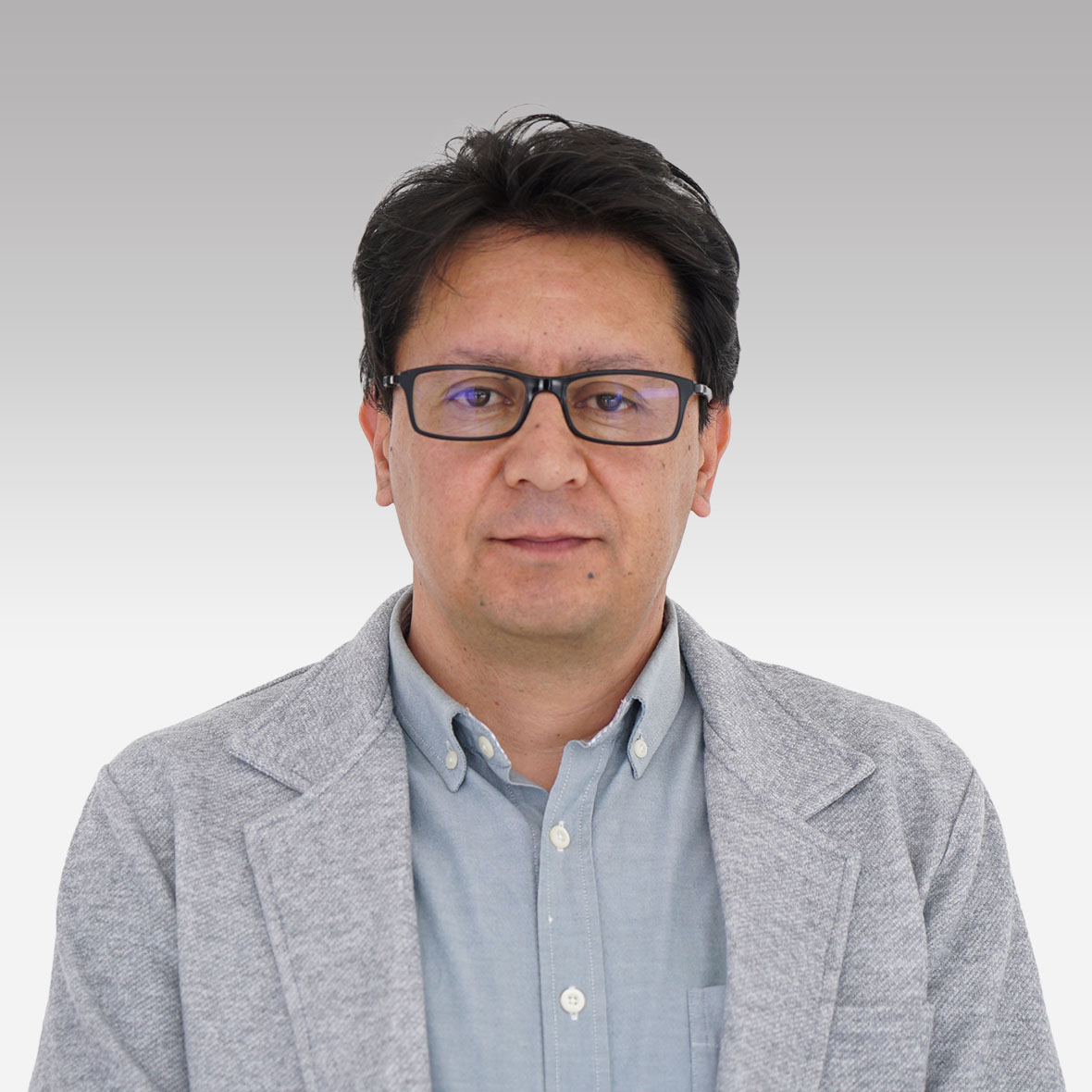
Ing. Barragán Escandón Edgar Antonio, PhD.
Docente

Ing. Barragán Escandón Edgar Antonio, PhD.
Docente
Facultad de Ingeniería
Carrera de Electricidad
ORCID
0000-0003-2254-2524
Ing. Bravo Andrade Luis Fernando, MSc.
Técnico Docente
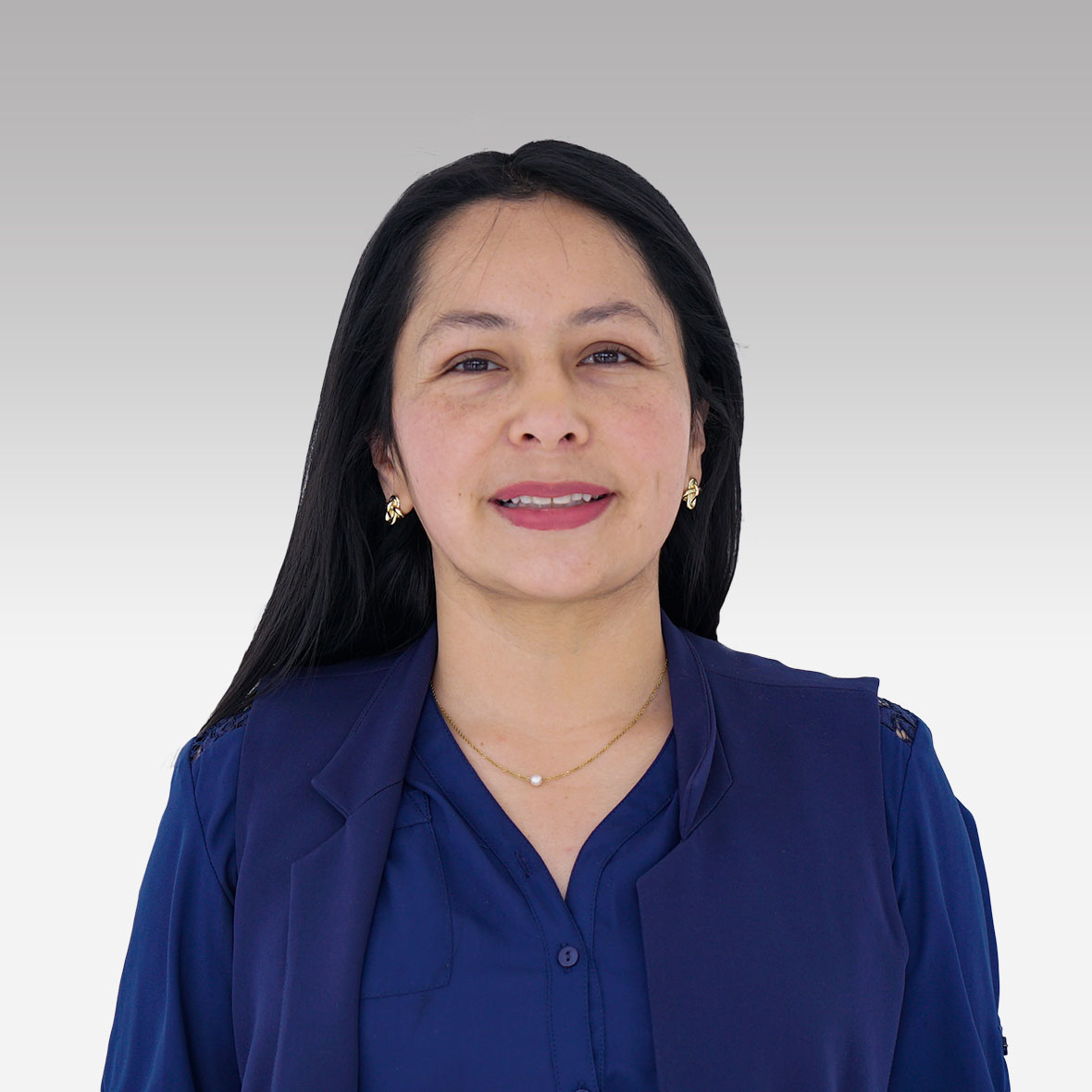
Ing. Cabrera Carrera Isabel Dolores, MSc.
Técnico Docente

Ing. Cabrera Carrera Isabel Dolores, MSc.
Técnico Docente
Facultad de Ingeniería
Carrera de Electricidad
ORCID
0009-0003-1764-4208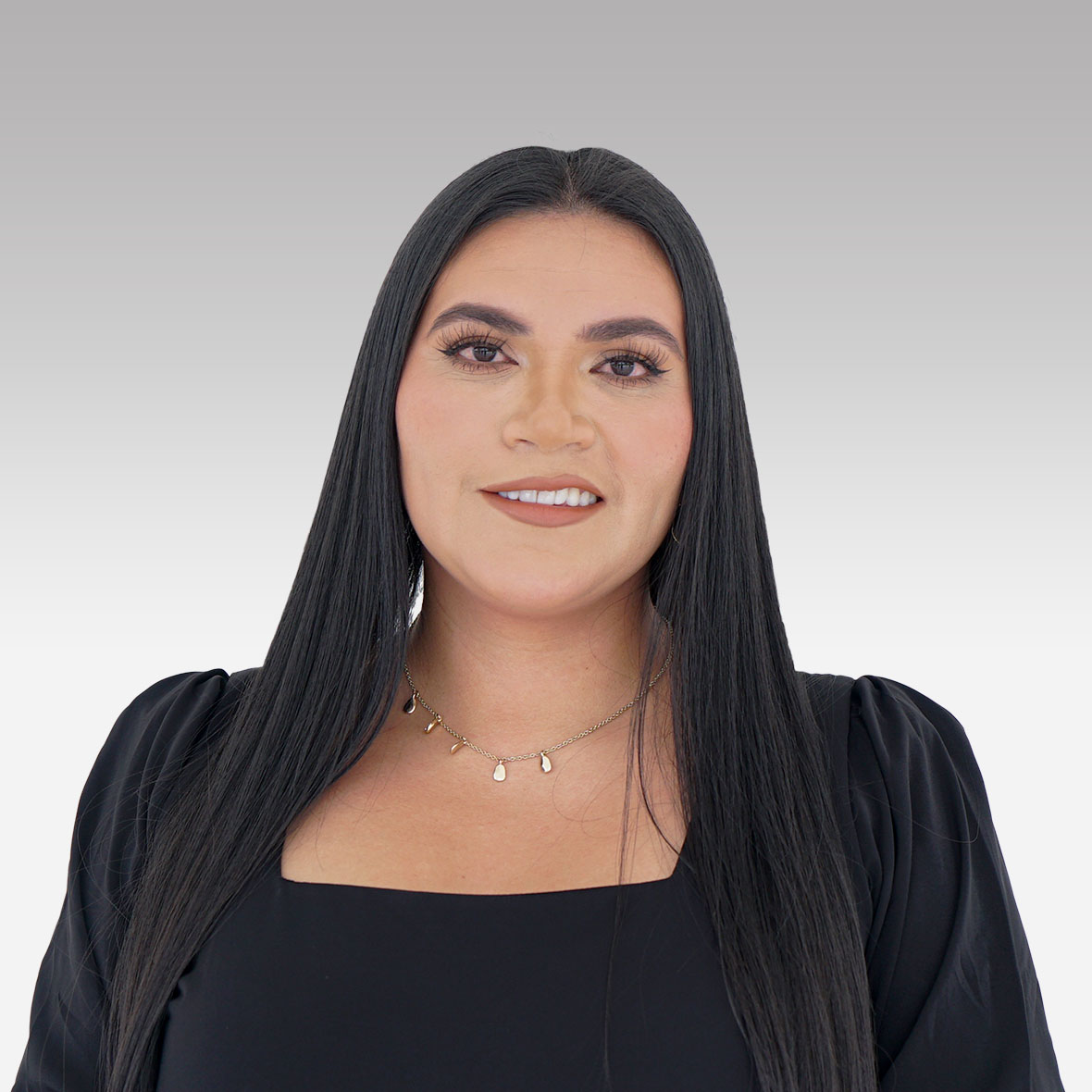
Ing. Campoverde Campoverde María José, MSc.
Técnico Docente

Ing. Campoverde Campoverde María José, MSc.
Técnico Docente
Facultad de Ingeniería
Carrera de Electricidad
ORCID
0009-0009-7930-3605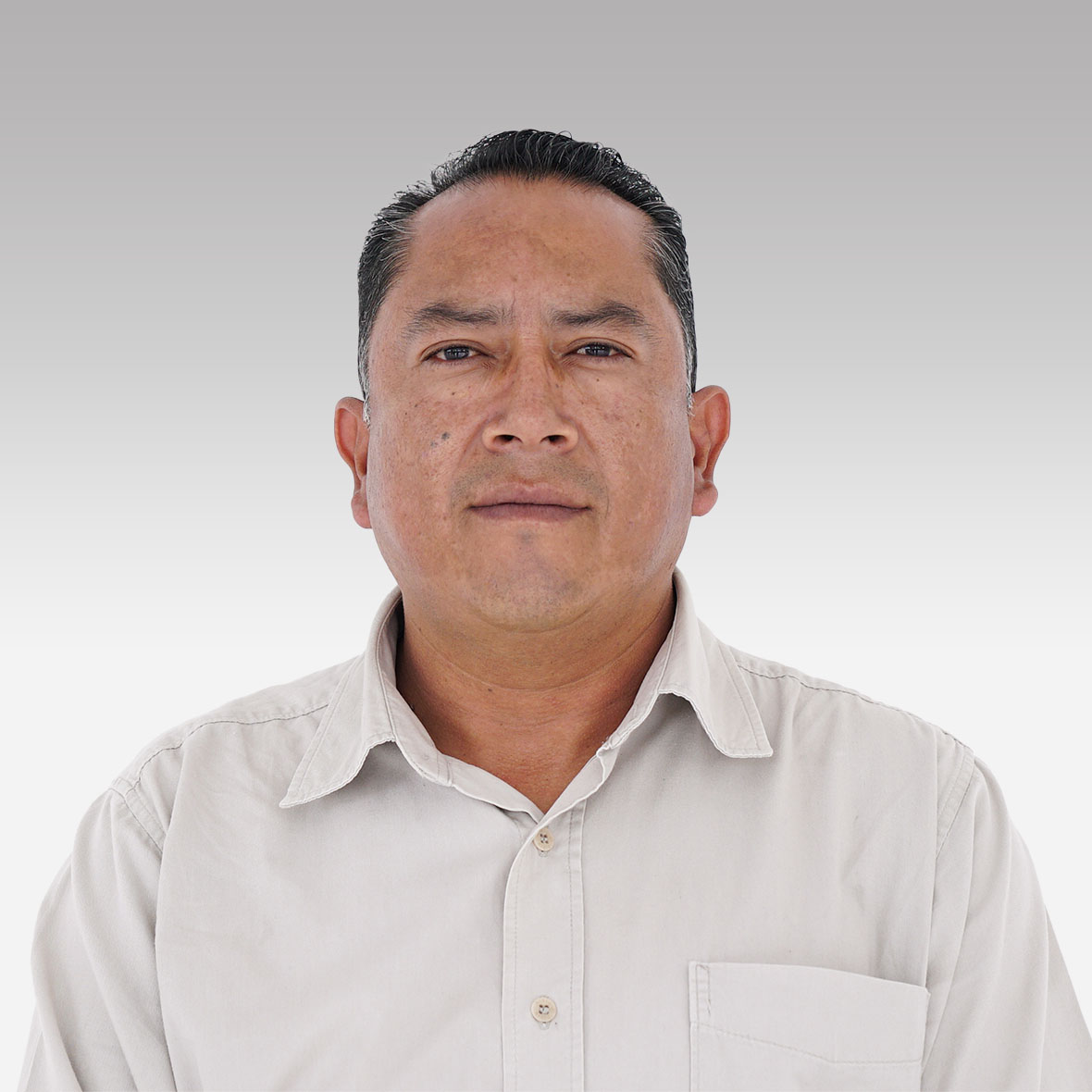
Ing. Dutan Amay Walter Javier, MSc.
Docente

Ing. Dutan Amay Walter Javier, MSc.
Docente
Facultad de Ingeniería
Carrera de Electricidad
ORCID
0009-0007-3762-2259
Ing. Espinoza Abad Juan Leonardo, PhD.
Docente

Ing. Espinoza Abad Juan Leonardo, PhD.
Docente
Facultad de Ingeniería
Carrera de Electricidad
ORCID
0000-0002-7450-2084
Ing. Guamán Sánchez Cristian Fernando, MSc.
Docente

Ing. Guamán Sánchez Cristian Fernando, MSc.
Docente
Facultad de Ingeniería
Carrera de Electricidad
ORCID
0000-0002-6670-6466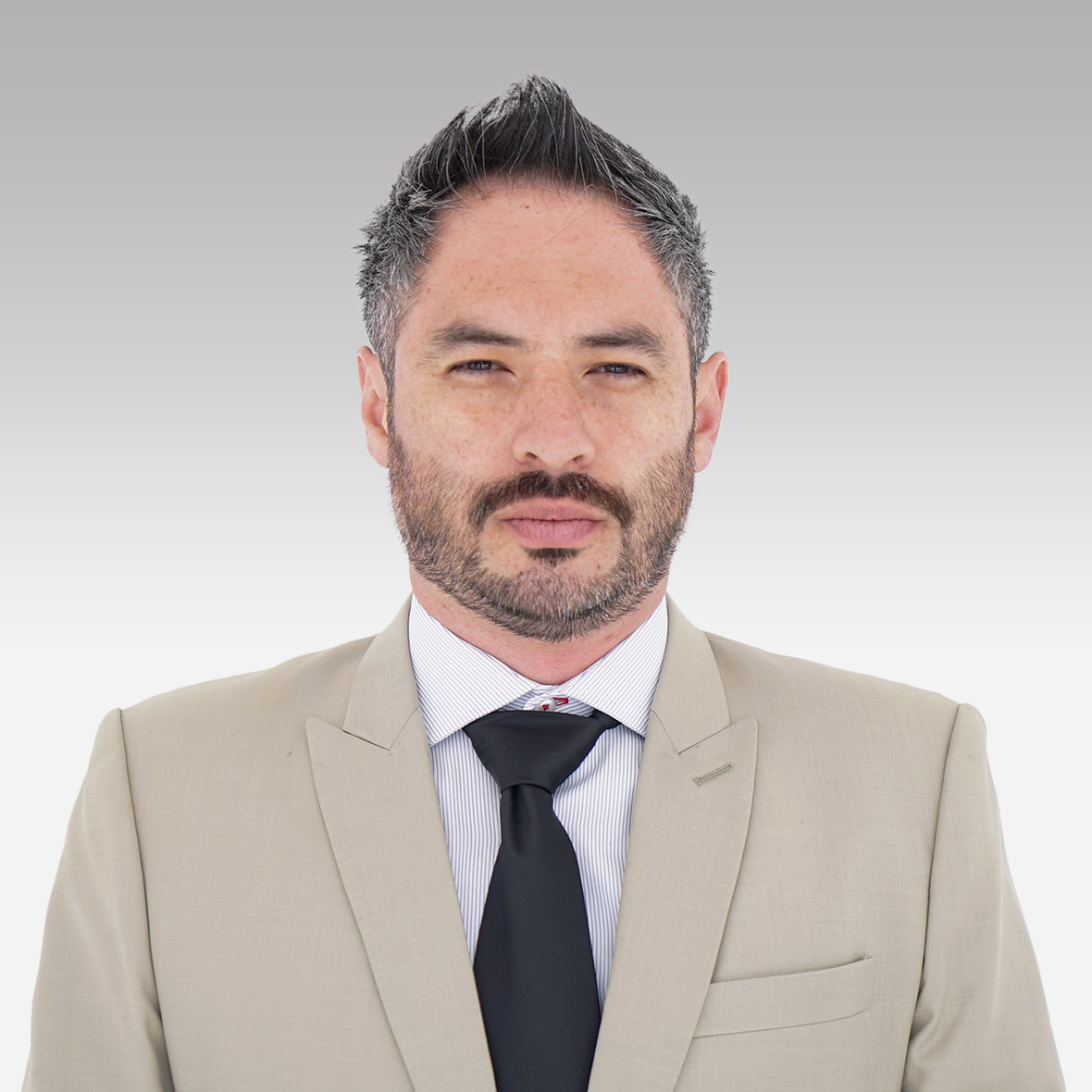
Ing. Iñiguez Morán Vinicio Estuardo, MSc.
Docente

Ing. Iñiguez Morán Vinicio Estuardo, MSc.
Docente
Facultad de Ingeniería
Carrera de Electricidad
ORCID
0000-0001-7494-191X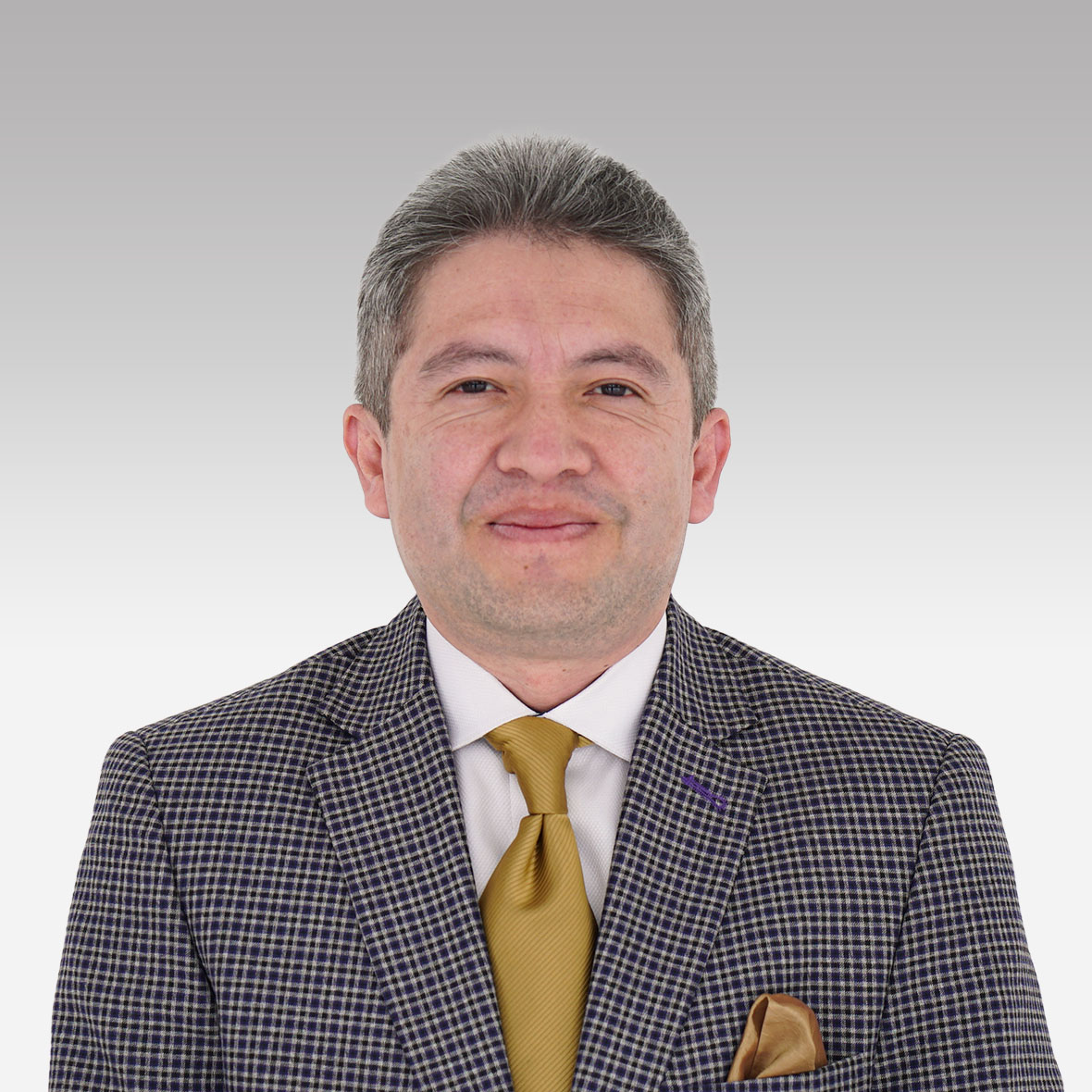
Ing. Larco Barros Ciro Mauricio, MSc.
Docente

Ing. Larco Barros Ciro Mauricio, MSc.
Docente
Facultad de Ingeniería
Carrera de Electricidad
ORCID
0000-0002-7801-1514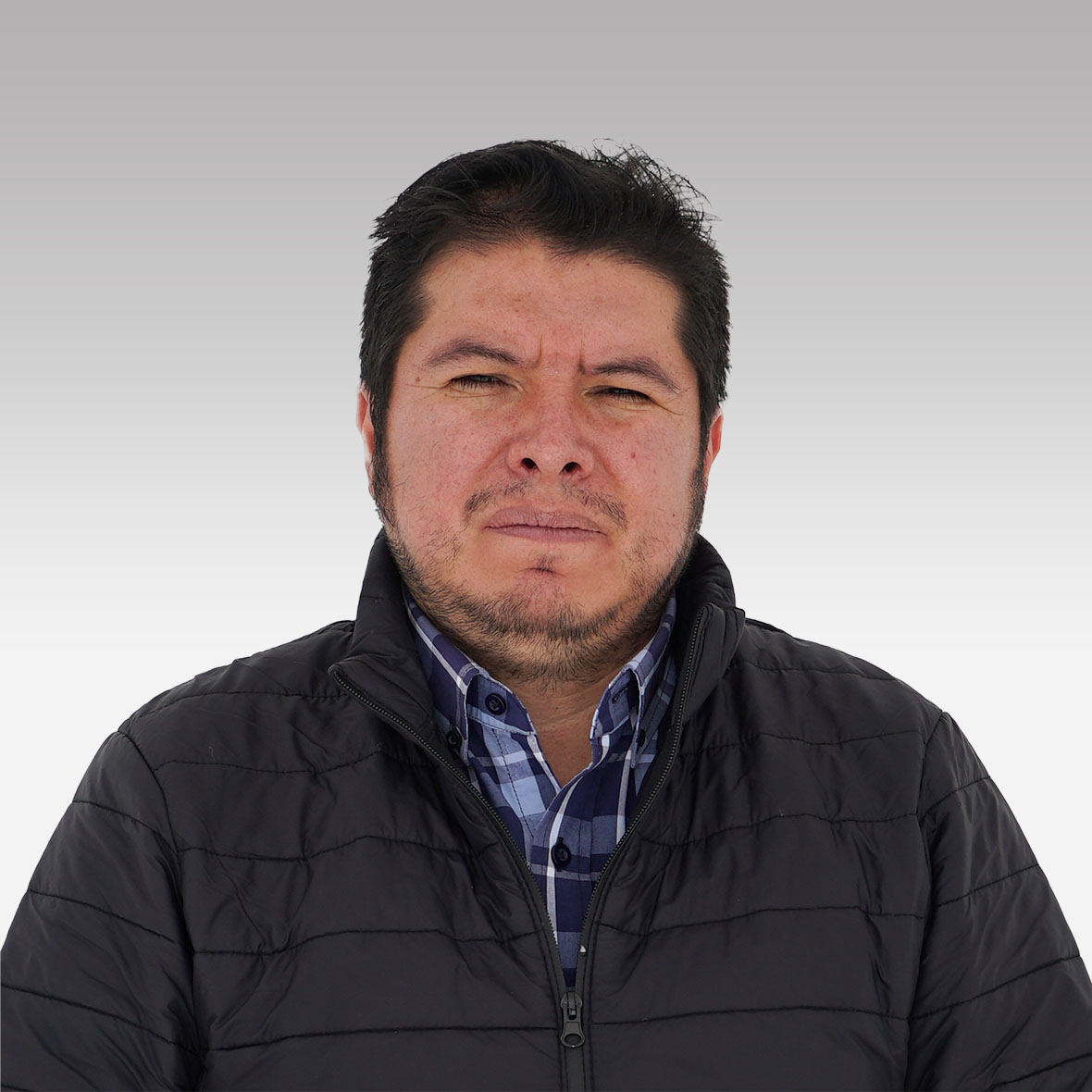
Ing. Matute Matute Juan Carlos, MSc.
Docente
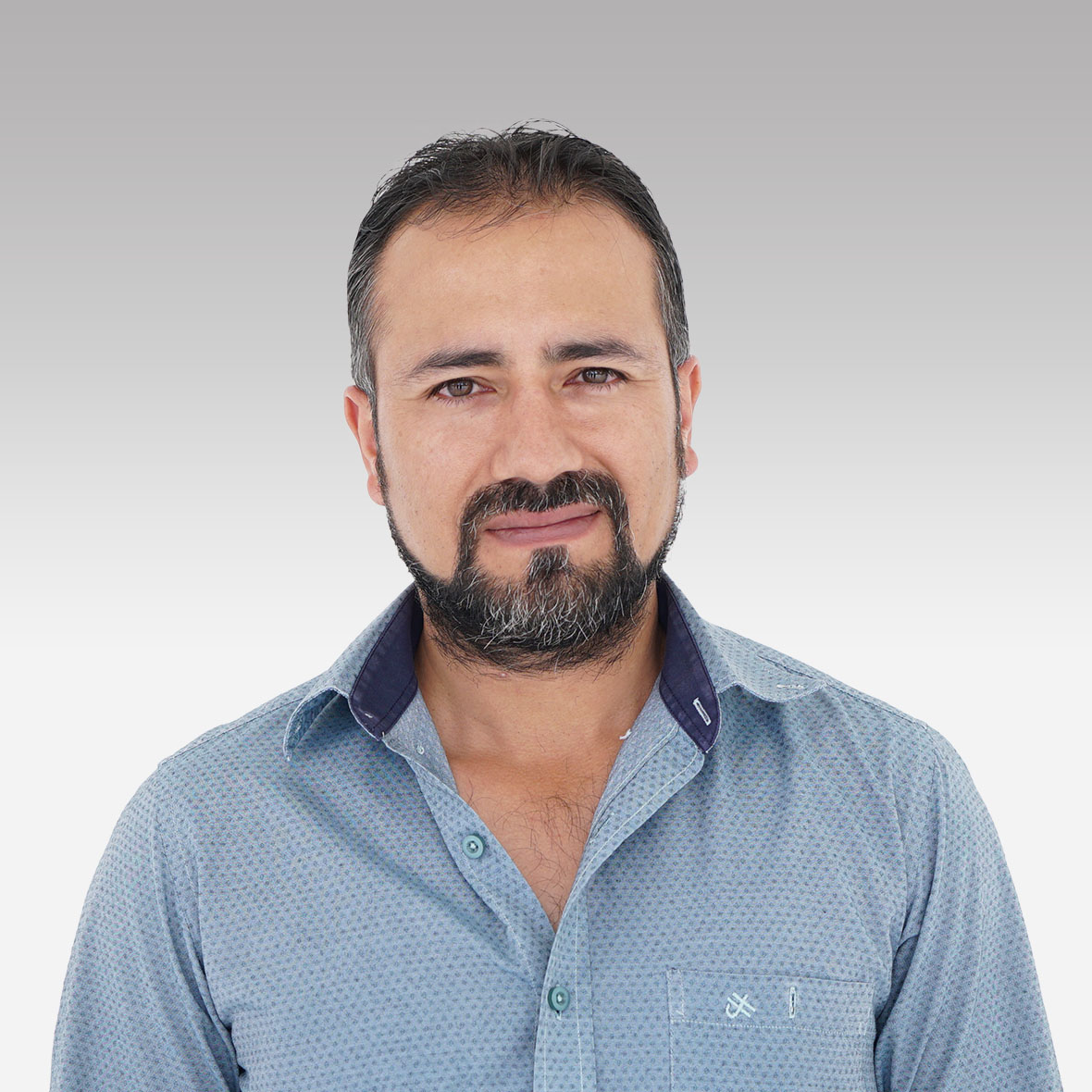
Ing. Mogrovejo León Wilson Fernando, MSc.
Docente

Ing. Mogrovejo León Wilson Fernando, MSc.
Docente
Facultad de Ingeniería
Carrera de Electricidad
ORCID
0009-0008-6427-0997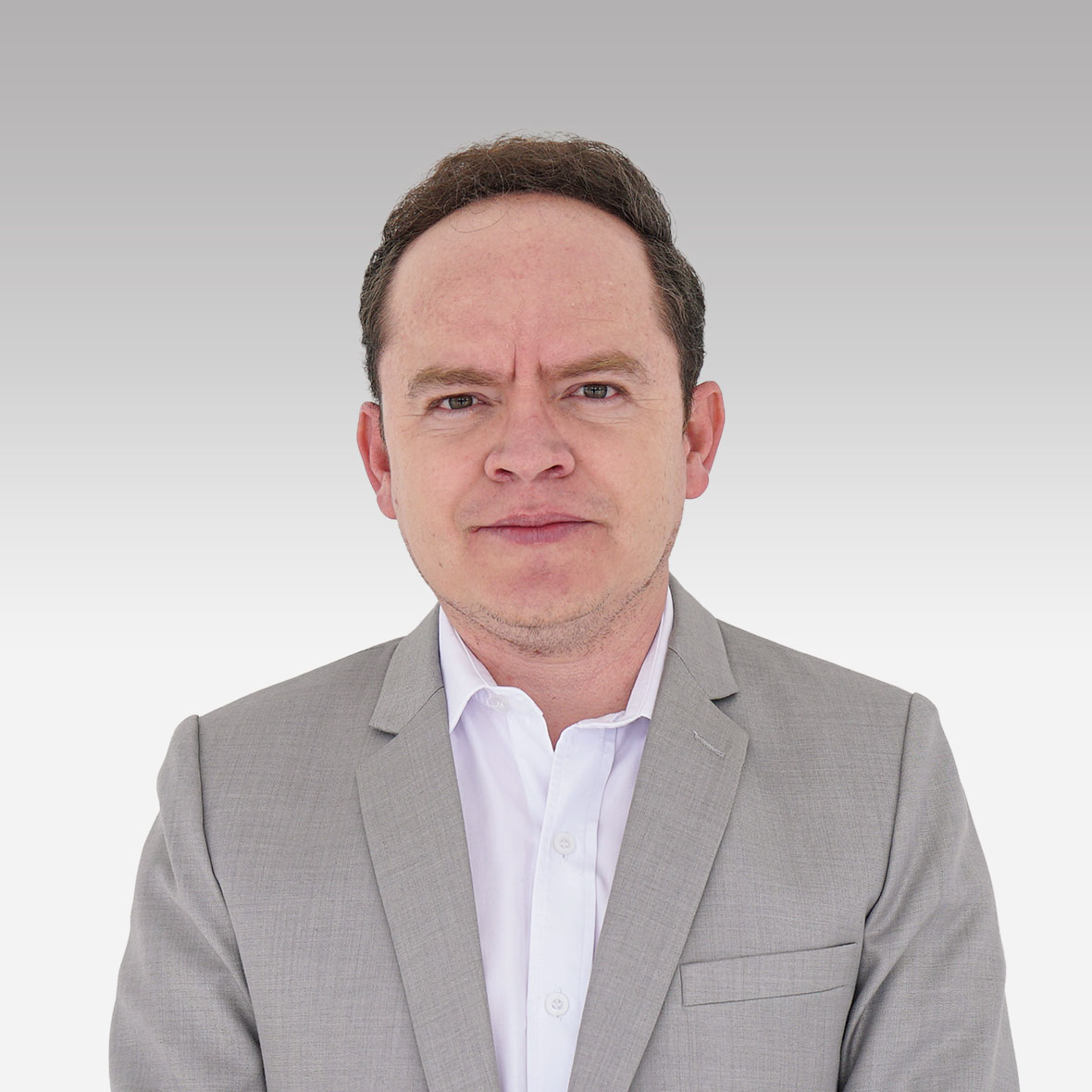
Ing. Ochoa Correa Danny Vinicio, PhD.
Docente

Ing. Ochoa Correa Danny Vinicio, PhD.
Docente
Facultad de Ingeniería
Carrera de Electricidad
ORCID
0000-0001-5633-1480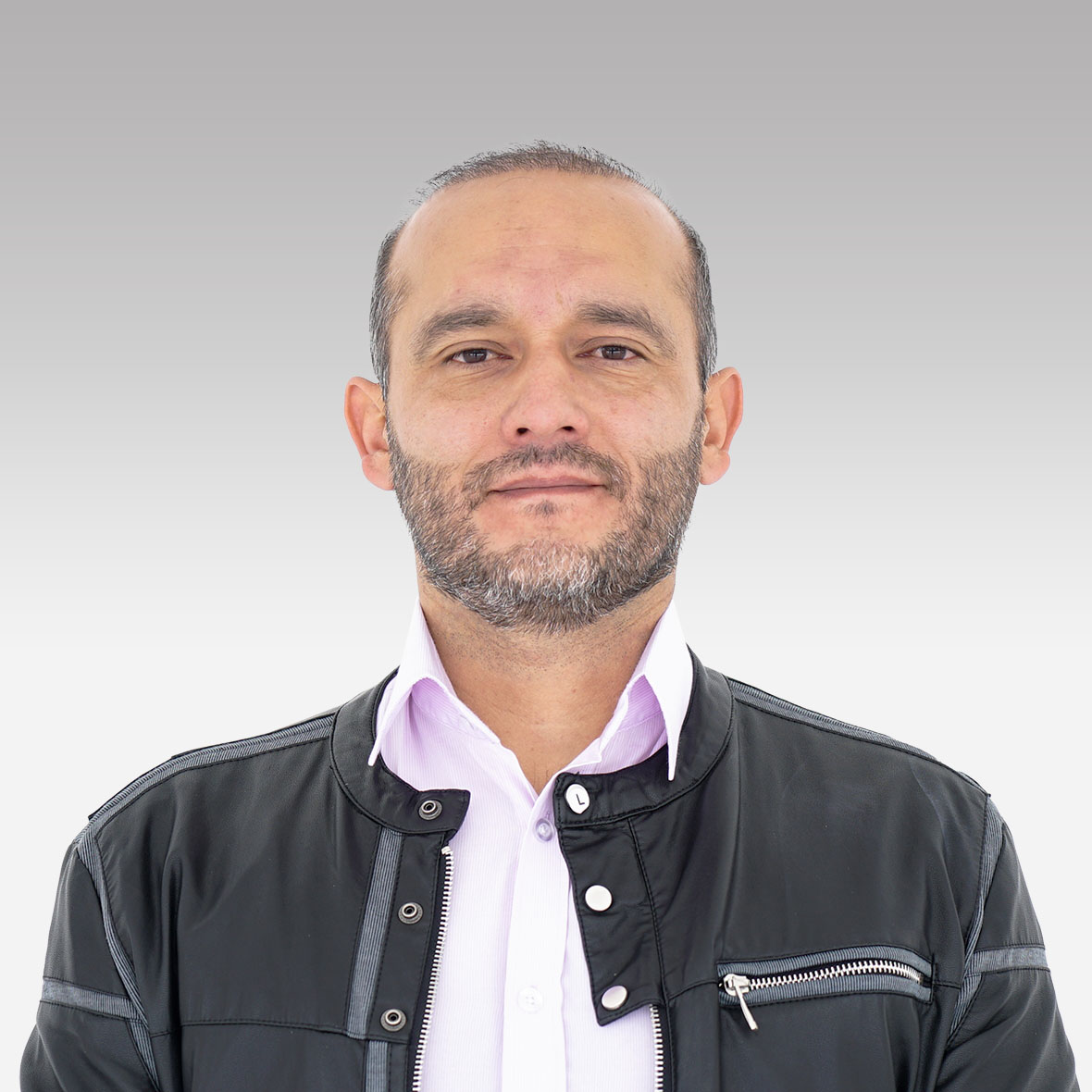
Ing. Ortega Ortega Martin Eduardo, MSc.
Docente

Ing. Ortega Ortega Martin Eduardo, MSc.
Docente
Facultad de Ingeniería
Carrera de Electricidad
ORCID
0000-0003-2913-9391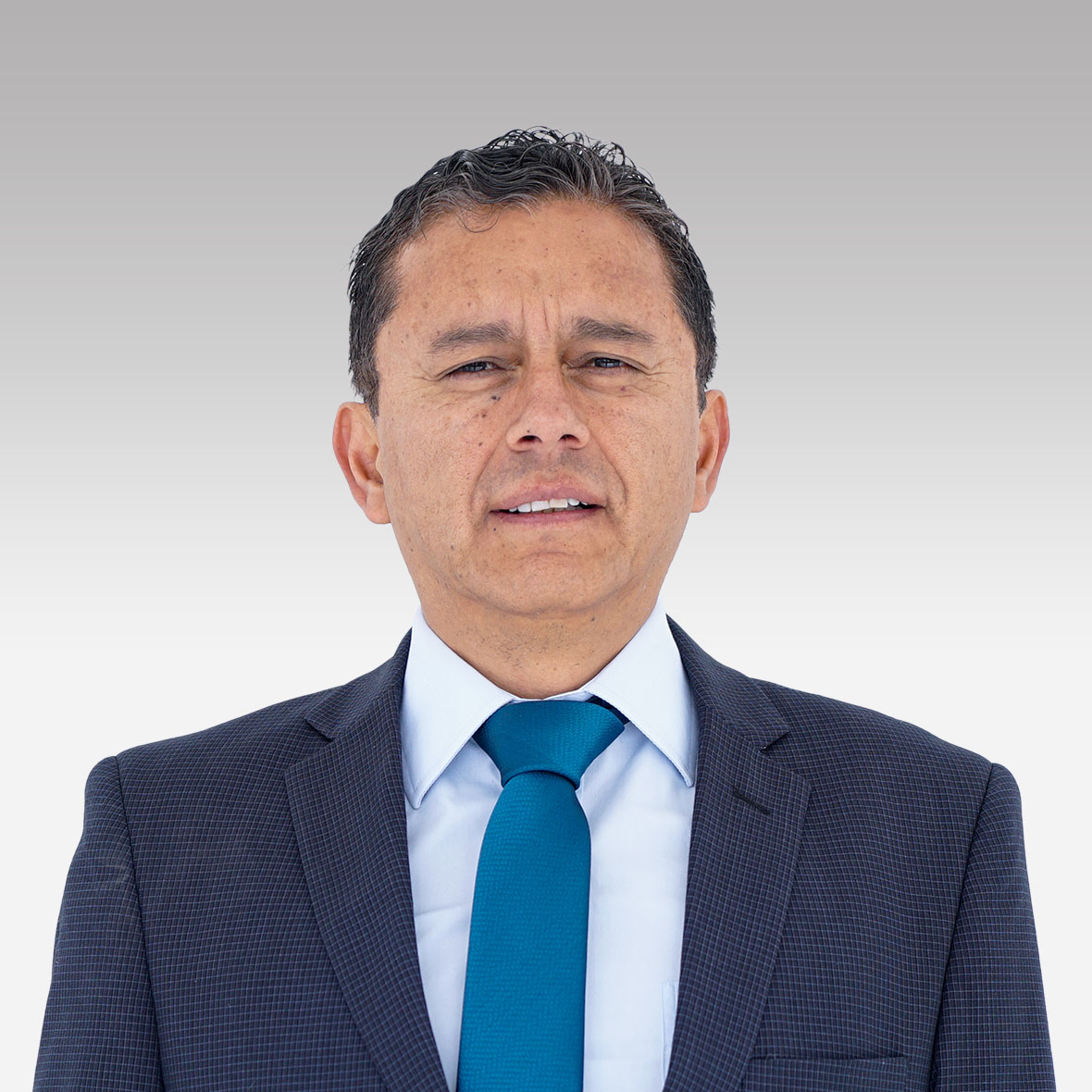
Ing. Quizhpe Huiracocha Klever Leonardo, MSc.
Docente

Ing. Quizhpe Huiracocha Klever Leonardo, MSc.
Docente
Facultad de Ingeniería
Carrera de Electricidad
ORCID
0009-0000-9182-0458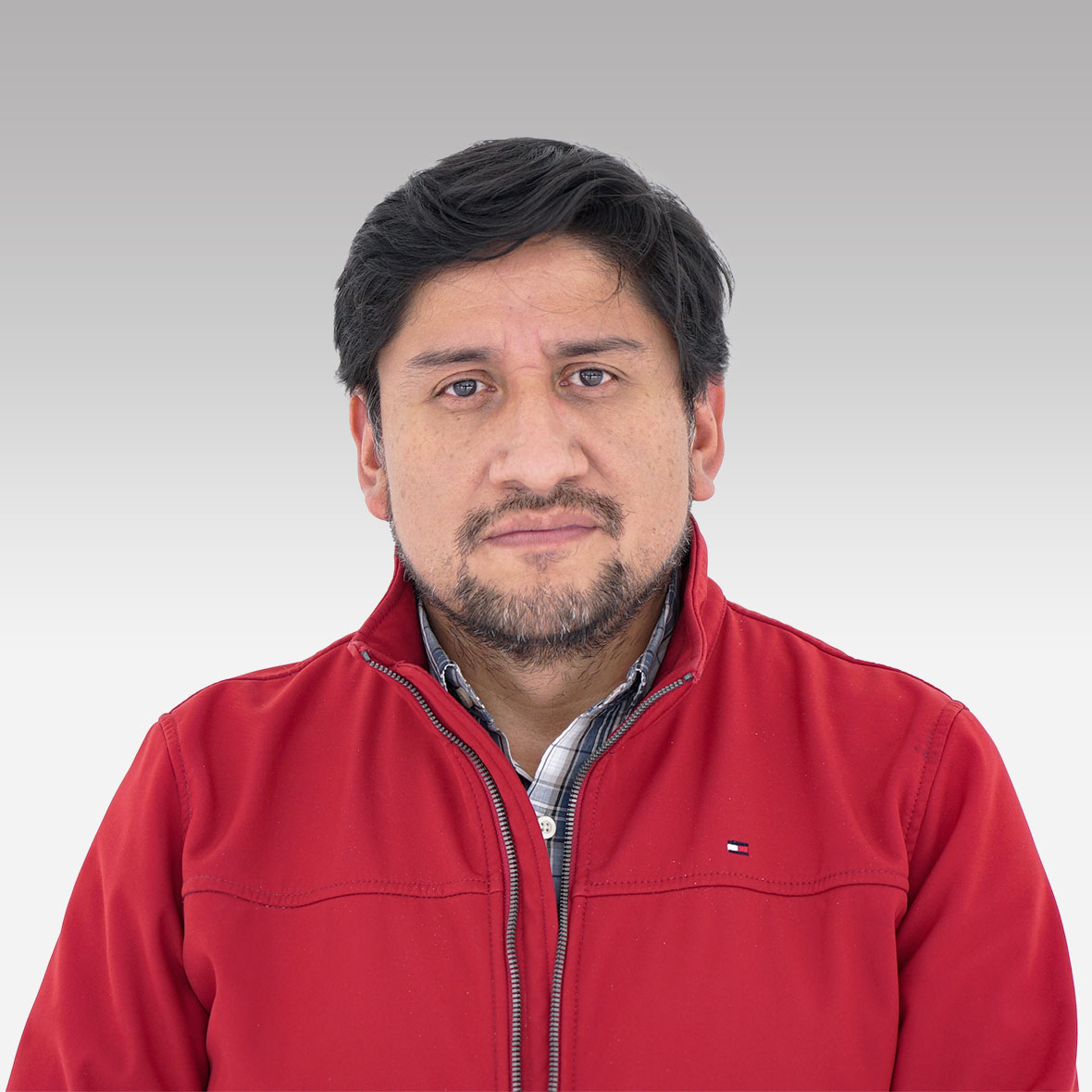
Ing. Sanango Fernández Juan Bautista, MSc.
Docente

Ing. Sanango Fernández Juan Bautista, MSc.
Docente
Facultad de Ingeniería
Carrera de Electricidad
ORCID
0000-0002-3684-6134
Ing. Sempertegui Moscoso María Emilia, MSc.
Técnico Laboratorio

Ing. Sempertegui Moscoso María Emilia, MSc.
Técnico Laboratorio
Facultad de Ingeniería
Carrera de Electricidad
ORCID
0000-0002-1178-1928
Ing. Torres Contreras Santiago Patricio, PhD.
Docente

Ing. Villa Ávila Edisson Andrés, MSc.
Docente

Ing. Villa Ávila Edisson Andrés, MSc.
Docente
Facultad de Ingeniería
Carrera de Electricidad
ORCID
0000-0002-2766-5913